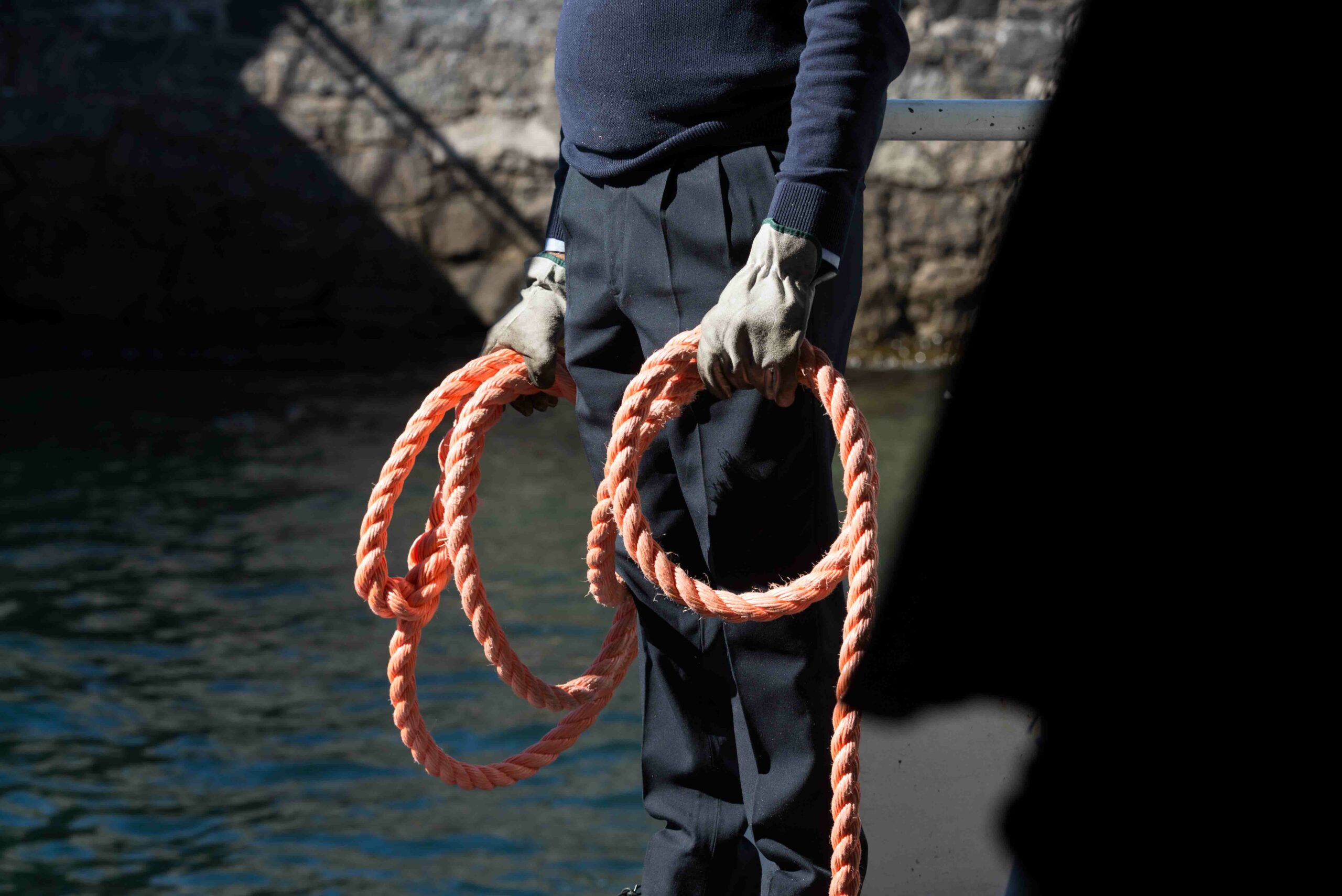
20 Jul 2021
The double soul of the Topazio motorship
- Lake Maggiore
- Green & Blue
- Highlights

The institution of whistleblowing was established for the first time within the national legal system with Law No. 190/2012 (the so-called anti-corruption law) introducing sect. 54 bis (concerning the ‘protection of public employees who report violations’) within Legislative Decree No. 165/2001 (the so-called public employment consolidating act).
This rule represented an initial form of specific protection of the whistleblower, i.e. a public employee who reports violations committed within the administration where he/she serves and of which he/she has become aware by reason of his/her employment.
This regulatory framework was amended by Law No. 179/2017, which came into force on 29th December 2017 and modernised the legislation of whistleblowing reports by substantially intervening in three ways:
Law 179/2017 also amended the set of specific protections granted to the whistleblower, broadening its scope and requiring Organisations to adopt procedures and instruments in order to encourage the whistleblower and protect him/her from retaliation and discrimination due to the reporting of violations of which he/she has become aware in the performance of his/her duties.
Legislative Decree No. 24/2023 ‘Implementation of Directive (EU) 2019/1937 of the European Parliament and of the Council of 23rd October 2019 on the protection of persons who report breaches of Union law and laying down provisions concerning the protection of persons who report breaches of national laws’ recently renewed the regulatory framework.
The recent legislation provides for enhanced protection for the whistleblower, extended also to persons other than the whistleblower, such as the facilitator or persons mentioned in the report, without any distinction between the public and private sector.
Both the range of the persons entitled to report (whistleblowers) and the objective scope of what may be reported were broadened, providing for greater protection for whistleblowers in terms of confidentiality, support and protection against any form of retaliation following a report. The recent legislation also provided for the possibility for the whistleblower, if certain conditions are met, to report the facts through channels outside the Organisation (ANAC, National Anti-corruption Authority/Public Disclosure).
Whistleblowing represents an important defence of legality and good performance in Organisations.
In this regard, in compliance with the reference legislation and the Plan for the prevention of corruption and transparency, as well as in order to strengthen its anti-corruption policy and its strategy for combating corruption and illegality, Gestione Governativa Navigazione Laghi adopted a new procedure detailing the recipients, the persons responsible for managing whistleblowing reports, the methods for managing reports, and the protections for the whistleblowers. For the submission and management of whistleblowing reports, Gestione Governativa Navigazione Laghi implemented an IT platform based on the highest security standards.
The IT platform – available at the link below – allows recipients (members of management and supervisory bodies, employees as well as persons or entities outside the company such as collaborators, freelancers, suppliers, customers making business with the organisation) to report unlawful conduct to the RPC (Head of Corruption Prevention) through a simple and user-friendly procedure which, thanks to an encrypted system, ensures the utmost confidentiality with regard to the identity of the whistleblower, the reported person and the relevant information, and guarantees that the messages may only be read by the whistleblower and the RPC as the manager of the report.
This form of protection is one of the key principles of the new system, whose main purpose is to provide the necessary guarantees and protections to individuals who report unlawful conduct (whistleblowers), in order to prevent the occurrence of breaches or violations of national and EU regulations.
The adoption of the whistleblowing platform is the most recent stage of a path undertaken by Gestione Governativa Navigazione Laghi over time to equip itself with instruments – from the Code of Ethics through the Plan for Prevention of Corruption and Transparency pursuant to Law 190/2012, to the publication under the “Transparent Administration” section – capable of guaranteeing the ethics and integrity of its governance and operations, as well as the utmost transparency of the Organisation’s activities and results.
Resolution approving Whistleblowing Procedure
IT platform link: https://navigazionelaghi.integrityline.com/

You are using an outdated browser.
This website is NOT optimized for Internet Explorer.
A fatal exception IE has occurred at C0DE:L05TUD10 in 0xC0DEBA5E.
or click the button below:
update your browser!